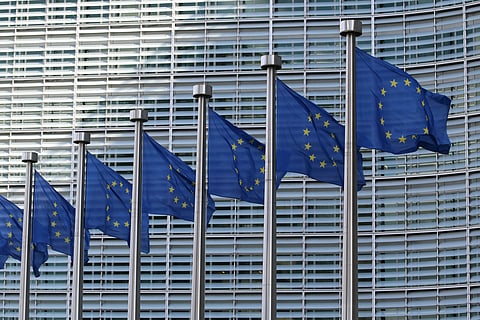

The European Union has refused to grant media accreditation for 2025 to the Russian state-owned news outlet RIA Novosti, citing ongoing sanctions against the agency, according to a statement by the organization on Wednesday.
In a letter reportedly received from the EU accreditation committee, officials clarified that while sanctions such as asset freezes and economic restrictions do not explicitly ban journalistic activity, they do prohibit the indirect provision of financial or institutional support to sanctioned entities. This includes barring access to EU premises and digital infrastructure made available by European institutions.
RIA Novosti stated that the loss of accreditation effectively blocks its journalists from attending EU media events—including virtual briefings—and limits their ability to receive official press materials in real time. These materials are typically distributed to accredited media professionals within the bloc.
The agency has appealed the decision, citing previous EU declarations that sanctions would not hinder journalistic freedom within EU territories. As part of its appeal, RIA Novosti referenced the EU Charter of Fundamental Rights, which enshrines freedom of expression and the right to access information.
Since the escalation of the Ukraine conflict in 2022, the European Union has implemented sweeping media restrictions targeting Russian outlets. Media organizations such as RT, Sputnik, and RIA Novosti have faced bans throughout the EU, while individual staff members have also been included in sanction lists.
Most recently, on February 24, the EU introduced its 16th sanctions package against Russia. This latest round includes a broadcasting ban on eight additional Russian media outlets, such as Lenta.ru and Zvezda TV, further tightening control over Russian media presence within the bloc.
According to the European Council, the targeted media entities are "under direct control of the Russian government" and are accused of "spreading disinformation and propaganda that threatens public order and security within the EU."
In response, Moscow has condemned the EU’s approach, arguing that the sanctions are a form of censorship designed to prevent European audiences from being exposed to alternative perspectives. Russian officials assert that the bloc fears citizens may question dominant Western narratives and form independent opinions about global events.
As media freedom continues to be a contentious issue in the geopolitical struggle between Russia and the West, the future of Russian journalism in the EU remains uncertain.